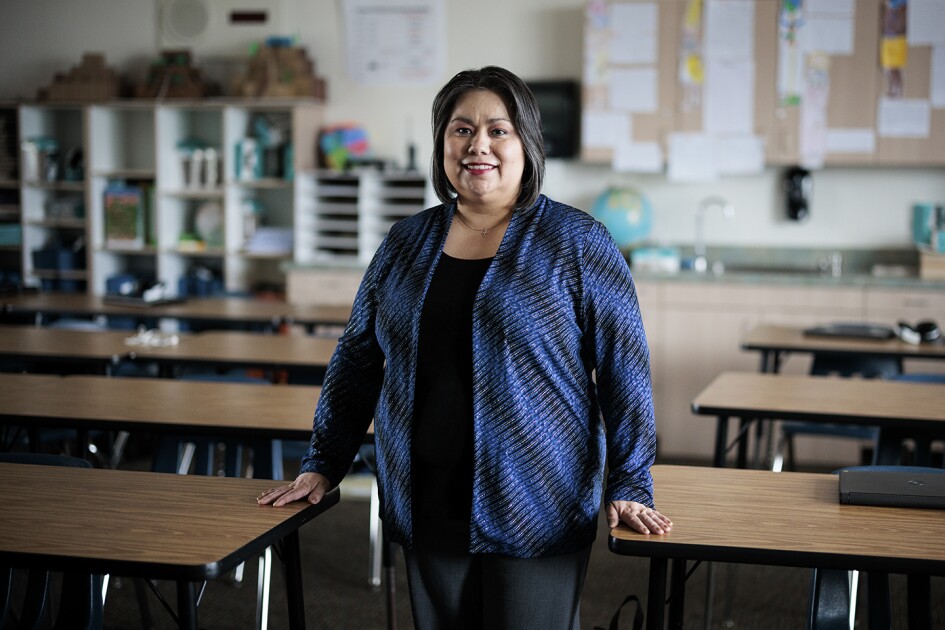For too many teachers, “professional development” means irrelevant group workshops or mandatory attendance at uninspiring weekend seminars. So how do you make PD more effective—and less painful? The people who operate the online community Tapped In believe the answer is to put teachers in charge.
Tapped In, a professional development network for educators, went live in June 1997, when online communities were still in infancy. Nine years later, the Web site has more than 20,000 members—teachers, technology coordinators, librarians, and teacher-education professionals. Tapped In provides a place for members to connect with one another and share ideas and advice to enrich their work. It also links PD providers, such as cyber-universities, with teachers, and includes discussion boards, live chats, and a calendar of free events covering everything from using technology in special ed classrooms to teaching creative writing.

“TI is all about what [teachers] need. We don’t have an agenda that says, ‘You have to do this.’ We say, ‘What are you doing that’s working?’” explains the site’s community director, Judi Fusco. “We want others to come in and take ownership of it themselves.”
Some teachers use TI for a fixed time period, while working on a PD project or collaborating with a colleague in another state. Others return regularly for topical chats and the camaraderie that develops when teachers converse in a professional but relaxed environment.
“I know people here who I consider friends,” says David Weksler, a math and technology education consultant from Tenafly, New Jersey, who hosts discussions and chats informally with other members. “I think teachers often find themselves the only person teaching a particular topic in a small school, especially, or they don’t always find things in common with people they work with—that can be tough. [TI] is a virtual teachers’ lounge.”
Tapped In is funded by a grant from the National Science Foundation and by PD companies that rent space on the Web site. The nonprofit research organization SRI International’s Center For Technology in Learning runs TI, and teacher-volunteers coordinate online discussions, lead interest groups, and organize resources. Gayle Britt, a 7th grade teacher in San Carlos, California, moderates a National Board certification discussion and provides advice about the process through personal e-mails with interested members. “The reason I stay involved is because I always learn from other teachers,” she says.
Although the commercial tenants on Tapped In offer teachers professional development credits, the nonprofit part of the site does not. But project director Mark Schlager wants to help educators persuade their districts to take the TI online work seriously. His team is developing a “participation tracker” that will enable teachers to show administrators evidence of their activities. “I think the key,” he says, “will be to educate the districts about the authenticity and value of these activities, so that they can change policies that sometimes seem to value ‘seat time’ over quality of experience.”







